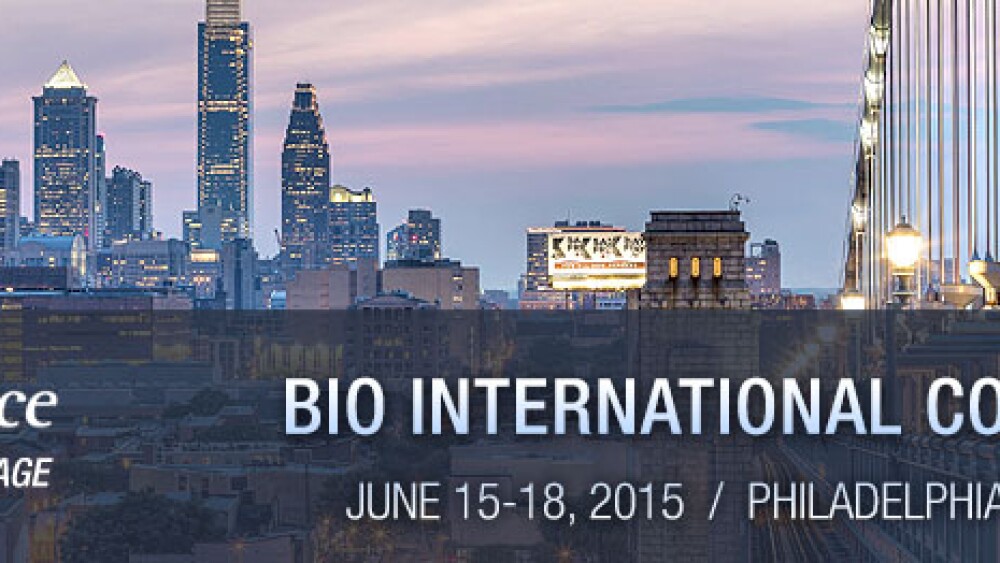June 22, 2015
By Riley McDermid, BioSpace.com Breaking News Sr. Editor
Global partnerships between the public and private sector are one of the best ways to fight rare diseases, the chief scientific officer of international, family-owned pharmaceutical company Grünenthal told BioSpace this week.
Klaus-Dieter Langner, chief scientific officer of Grünenthal, made the comment as part of an interview post Biotechnology Industry Organization (BIO) international. The firm recently announced it had entered into an $85 million collaboration with Proteus, S.A. and Boston Children’s Hospital to study the novel anesthetic neosaxitoxin.
The IMU, Grünenthal, Proteus S.A. and Boston Children’s Hospital were all present at this year’s BIO International convention.
“We believe global collaborations are a key way to bring innovation to patients, especially to those with rare diseases and where a medical need still exists,” Langner told BioSpace. Under the terms of the deal, both Proteus S.A. and Boston Children’s Hospital remain on the board, while the funding will come via upfront payments and research, development and sale milestones.
Langner told BioSpace the partnership was a natural fit because of each company’s individual missions, which include improving standards of patient care worldwide. Neosaxitoxin optimizes pain management after surgery and has the potential to become a novel long acting local anesthetic.
“Grünenthal decided to work with Boston Children’s Hospital, a world leading academic institution, and Proteus S.A., a Chilean-based biotech company, because the partnership provided the opportunity to expand the reach of a new and innovative approach to treating pain,” he said.
“The partnership also marked the implementation of Grünenthal’s Innovative Medicines Unit (IMU), which will grow our early clinical development portfolio by in-licensing projects from external sources, engaging in networked research and leading them through to successful clinical proof of concept.”
The Grünenthal Group is headquartered in Aachen, Germany, with a presence in 32 countries, including affiliates in Europe, Australia, Latin America and the U.S. Grünenthal products are sold in more than 155 countries and approx. 5,200 employees are working for the Grünenthal Group worldwide. In 2014, Grünenthal achieved revenues of € 1.154 billion.
As Rumors Swirl About GlaxoSmithKline Bid, Who Could Suitors Be?
Rumors are swirling that Swiss-based Roche and U.S.-based Johnson & Johnson are eying the U.K. company for approximately $143 billion. But Roche and J&J aren’t the only companies though who have been thought could go after the elephant that is Glaxo.
Last month there was buzz that Pfizer Inc. was considering acquiring Glaxo, a year after it failed to acquire AstraZeneca PLC . Just this month over a third of respondents in a poll conducted by BioSpace believe that AstraZeneca PLC could be in the running to acquire struggling GlaxoSmithKline (GSK).
So BioSpace wants to ask our readers again what they predict for this new dealmaking bonanza. Will Glaxo go—and if so, to whom?





